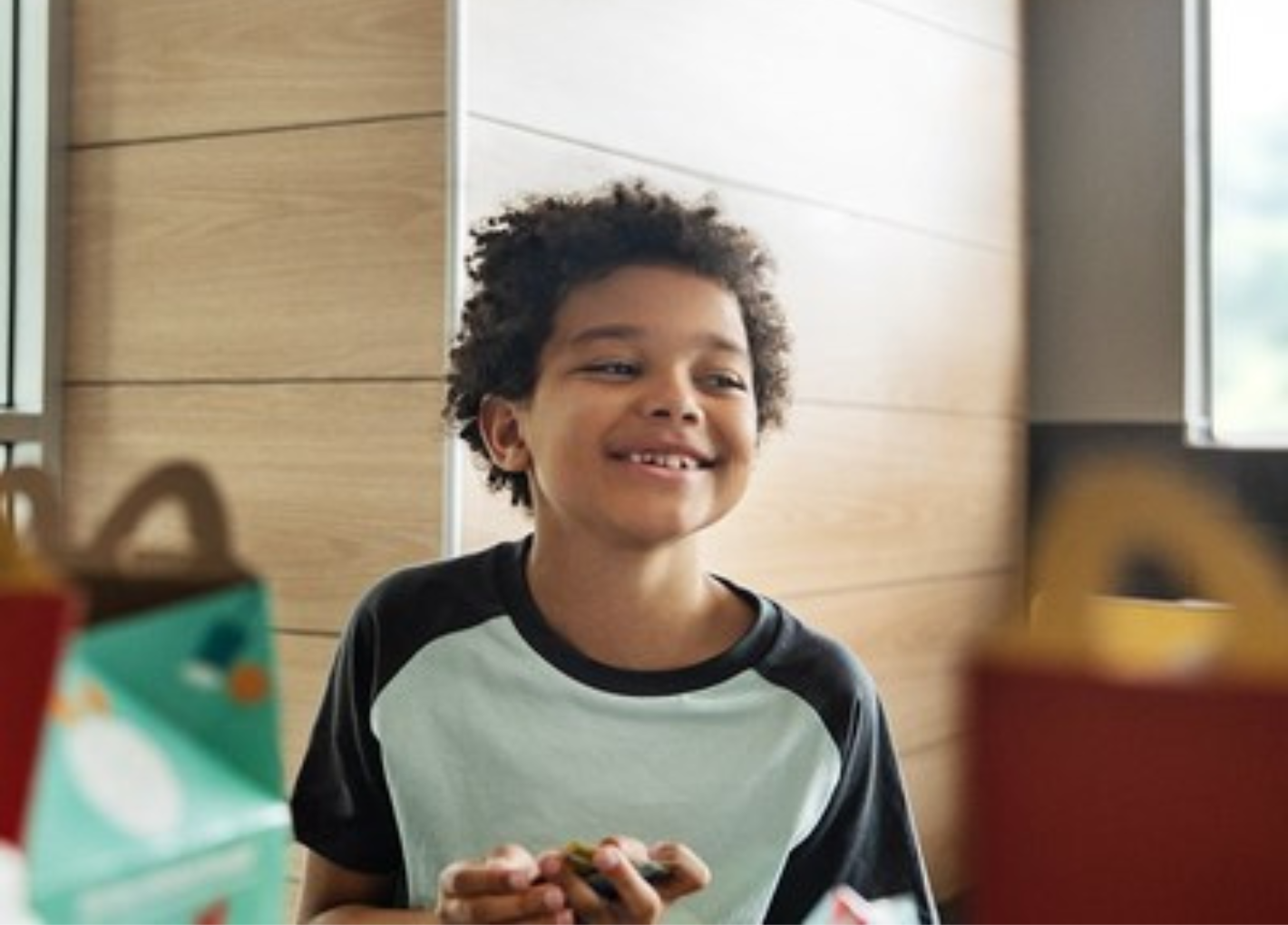McDonald’s Plans Changes in Key Areas to Help Serve a Better Tomorrow
This year, McDonald’s announced new initiatives to make real change keeping the planet, food quality and sourcing and its local communities in mind. They share these ideas with Canadians with a campaign called Love what’s next™, speaking to the areas of impact they intend to focus on and formally introducing Canada to McDonald’s role in feeding and fostering the communities
in which they operate.
“We are proud to serve our guests great-tasting, quality food, and we’ve always felt that our role in Canada goes beyond serving burgers to feeding and fostering our local communities,” said Michèle Boudria, President and CEO, McDonald’s Canada. “We want Canadians to know we remain absolutely committed to living our purpose, every single day, so they can feel good about enjoying the McDonald’s they love for years to come. Today, we’re sharing our commitments to take positive action on the things that matter to all of us—and what we’re doing to get there.”

Here is a list of the actions McDonald has planned to translate ambition to action in the realms of community connection, food quality & sourcing, and our planet:
- Donate over $70 million to Ronald McDonald House Charities® (RMHC®) over the next five years (2022-2026). This will help to nearly double the number of bedrooms for families across Canada over the next 10 years (2022-2032).
- Provide approximately 1 million meals every year to Canadians in need, helping to address food insecurity in our communities.
- Continue the organization’s commitment to support communities in times of crisis through its partnership with the Canadian Red Cross and other local community efforts supported by its independent franchisees.
- Source ingredients like freshly cracked Canada Grade A eggs, potatoes, dairy and beef from nearly 50,000 Canadian farms.
- Support regenerative agricultural practices in Canada along with the company’s partners and suppliers.
- Support sustainable beef production in Canada.
- Support future generations of Canadian farmers.
- Achieve net-zero greenhouse gas emissions by 2050.
- Source 100% of primary guest packaging from renewable, recycled, or certified sources by the end of 2025.
- Drastically reduce the virgin fossil fuel-based plastics used in Happy Meal toys and offer Happy Meal toys made from more renewable, recycled, or certified materials by the end of 2025.
To stay up to date with McDonald’s commitment to communities, visit their Purpose and Impact page.

